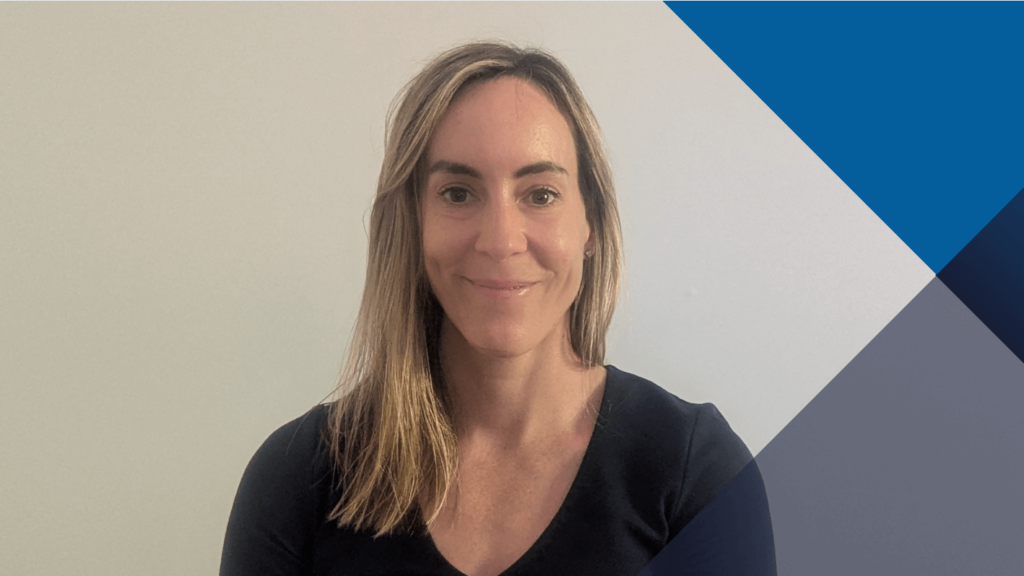Any injury could be life changing.
It can cause you to re-assess or change what you do for a job.
Amidst medical treatment, assessments, and the other machinations of the return to work or worker’s compensation process, it can make you feel a bit overwhelmed or uncertain about the future.
Work and employment are a cornerstone of our personal identity. When you become injured, it can throw your purpose and your sense of self into uncertainty.
You are not alone in this process – there are services like vocational counselling available to help you discover what your next step could be.
What is vocational counselling?
Also known as career counselling, it assesses a person’s skills, strengths, interests, and knowledge to help them find work.
It is part of vocational rehabilitation, part of the return-to-work process – individuals may have the option of this service, or it may be required depending on your circumstances.
The Department of Veterans’ Affairs (DVA) cites the goal of this process as aiming to return the client to the workforce in suitable and sustainable employment which is as close to the level they were at before their injury, illness or disability.
Vocational counselling can be used as part of different assessments to help a person adjust to their changed circumstances and consider new career opportunities.
It’s natural to feel grief, loss and vulnerability during this time, which is exactly where a career counsellor can help.
How can I find out if I can access vocational counselling?
You can check with your insurer/claims manager or workplace rehabilitation provider if you can be referred for vocational counselling to their chosen provider or if you can pick your own.
Can it help people with psychological injury?
Vocational counselling can assist people with visible and non-visible injuries.
When used, it helps the person return to ‘good work‘, work that is safe, enables a person to be productive and engaged and contributes to financial stability, independence and personal interaction.
It provides support for the injured person to navigate the job market with more confidence, as well as awareness of their needs and any adjustments which may be required.
Each person, regardless of their wellness status, will be assessed individually to determine the support required at work, when the time is right.
What does vocational support look like?
It will be different for each person, depending on their circumstances – support can look like:
- Vocational counselling and guidance
- Job seeking support and linking in with recruiting or employment agencies
- Work readiness preparation such as resume and cover letter development, interview skills, canvassing with prospective employers, and awareness of any support schemes that are relevant and appropriate to you.
- Work experience to build confidence, skills and provide recent employment history
- Vocational assessments to assist with identifying skill gaps, labour market opportunities and suitable employment or retraining options
- Assessments to assist with determining capacity and ergonomic requirements
Three benefits of vocational counselling
1. Helps you adjust to your new circumstances
When you experience a sudden injury in your life, it can make you feel rudderless and lower your self-confidence.
If it has life-long effects, you may feel your self-perception changes or the way others – like family – perceive you.
Vocational counselling can help you to find work where you are capable and supported.
Taking this step is a sound investment in improving the quality of your long-term wellbeing and recovery.
2. Supports you to return to work sooner
During your return to work process, it’s likely you’ll hear a number of words or phrases you don’t fully understand.
Even though it may not be intended, it can make you feel isolated during some of the often-complex processes.
‘Early intervention’ may be one of those.
Essentially it means the earlier action is taken for treatment, rehabilitation or accessing support services, it makes a positive outcome more likely for you.
This is backed by research cited by the DVA – people who are absent from employment for 20 days, have a 70% return to work rate.
However, people who are absent from work for 70 days, have a 35% return to work rate.
Actively participating in and seeking support services like vocational rehabilitation counselling can help you gain direction, confidence, and self-acceptance to return to work sooner.
3. Leads to better health outcomes
When you are happier and more fulfilled, you are healthier.
Extended periods away from work have been linked with low mood, and the Royal Australasian College of Occupational Physicians have identified through research that unemployment is associated with an increased risk of mental health difficulties, cardiovascular disease, lung cancer and susceptibility to respiratory infections, chronic health issues and increased levels of medical consultation and hospital admission.
By contrast, the health benefits of sustainable employment include a reduced risk of depression, better mental health outcomes overall, more financial security, a sense of community and inclusion, increased physical activity, and a lower likelihood to display risky behaviours such as substance misuse.
Move your mood
Move your mood and keep moving towards a better you with Interact’s vocational counselling service.
Find out more about getting referred to our one-on-one or group sessions and get started towards your goals.
Call 1300 618 868 or email referrals@interactgroup.com.au.




